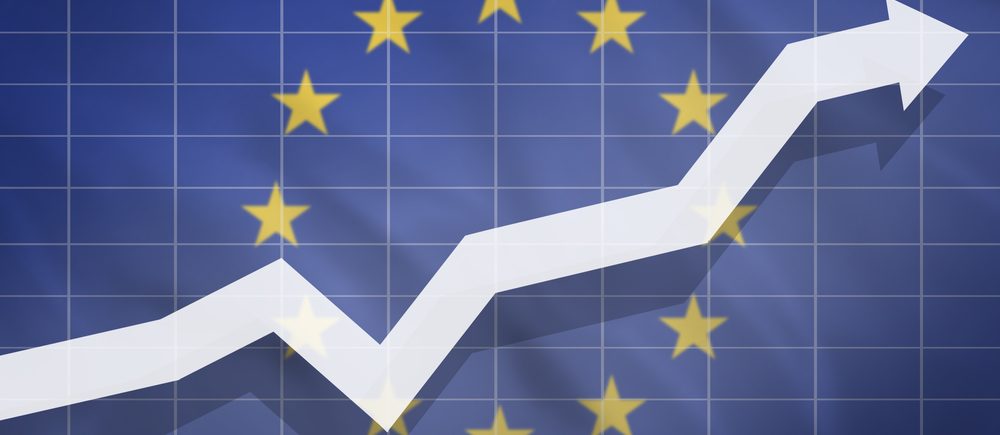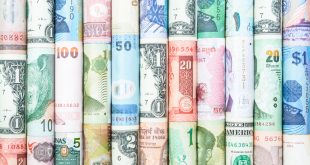The Euro gains from a weaker dollar following the NFP and high inflation figures in Germany. The EUR/USD pair concluded the week with modest gains after reaching a two-week high at 1.0700. As the Silicon Valley Bank in the US declared bankruptcy, the market’s mood turned negative due to the possibility of industry-wide spillover.
Despite being mixed, the US jobs figures showed signs of slowing down. The ECB should tighten its policies even more because Germany’s inflation stayed the same. A tumultuous trading day resulted in a 0.45% increase in the EUR/USD at the end of the New York session. Wall Street is expected to suffer significant losses as a result of a US bank failure.
It overshadowed a much-anticipated US jobs report that investors closely examined as the US Fed announced that it will accelerate rate increases. The EUR/USD pair is trading at 1.0639 as of this writing.
In the face of a probable financial crisis in the US, risk aversion was unable to support the USD. The US cash stock markets are about to come out on the losing end of the week.
The Silicon Valley Bank (SVB) was taken over by US regulators because it was unable to raise the necessary capital. That sent shockwaves across different asset segments as worries for a spillover increased.
US Department of Labor released the report on February’s nonfarm payrolls. Results came in at 311,000, exceeding expectations of 205,000. In spite of the headline supporting a stronger US Dollar (USD), the specifics reveal that the unemployment rate increased to 3.6% from estimates of 3.4%, indicating that the labour market is cooling. The 4.6% YoY growth in average hourly earnings fell short of forecasts of 4.7%.
Germany published inflationary data for the Eurozone (EU) at 8.7% YoY, which was unchanged from the previous month. The Harmonized Index of Consumer Prices (HICP) increased by 9.3% YoY, strengthening the argument for more ECB tightening (ECB).
The ECB is expected to increase interest rates by an additional 50 basis points at its rate meeting next week. The bigger question is how many increases the governing council has left in the tank. The head of the Bundesbank, Joachim Nagel, has been leading the ECB’s hawks, who are demanding more robust action against sticky inflation despite the likelihood that the German economy is in recession.
According to the most recent ECB minutes, some members of the governing council intended to move by 75bps rather than the 50bps they proposed at the previous meeting.
They only backed down because of the promise to tighten further by 50 bps this month, as central bankers evaluate the risks of doing too much tightening vs doing too little and allowing inflation to persist. Several ECB members have echoed these requests for tighter policy, such as Austria’s Robert Holzmann, who has asked for 50bps in March, May, June, and July.
Any further increases in long-term yields in nations like Italy could, if maintained, lead to long-term concerns because markets have already begun pricing in an ECB terminal rate of over 4%. With headline inflation returning to rising in Spain, France, and Germany this month and core CPI currently at a new record high of 5.6%, the ECB needs to continue playing catch-up while keeping an eye on financial stability.

Europe
 Noor Trends News, Technical Analysis, Educational Tools and Recommendations
Noor Trends News, Technical Analysis, Educational Tools and Recommendations




